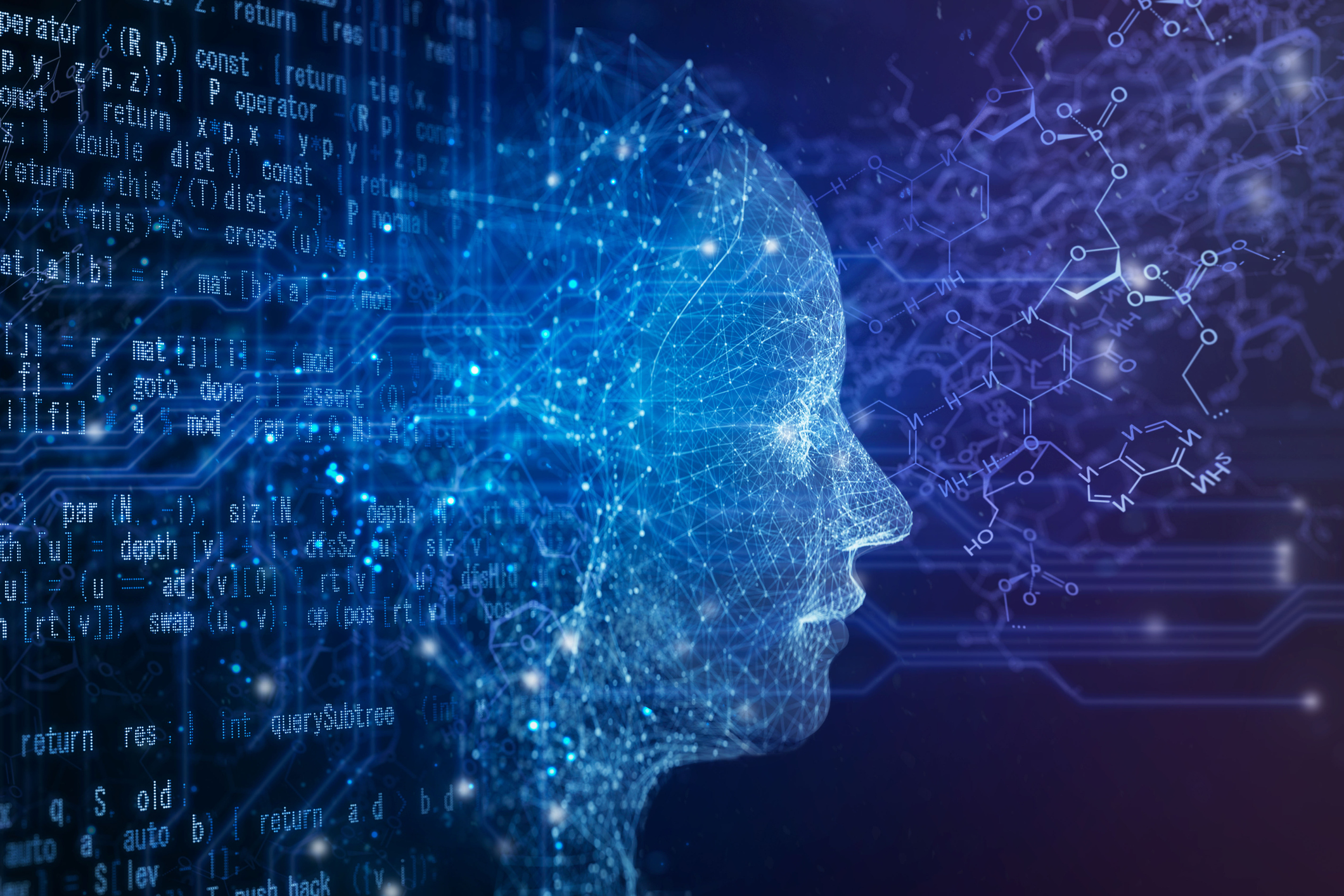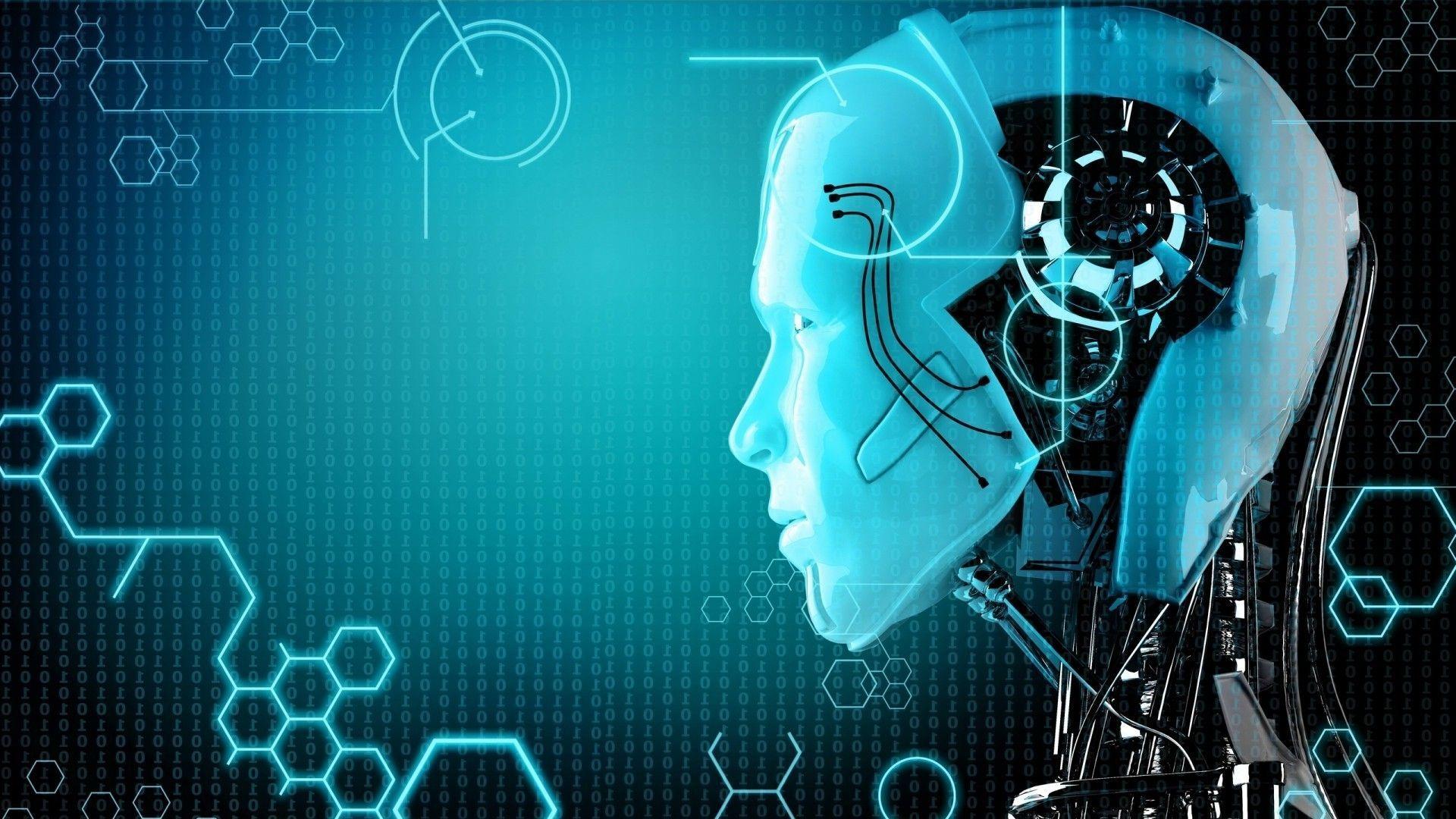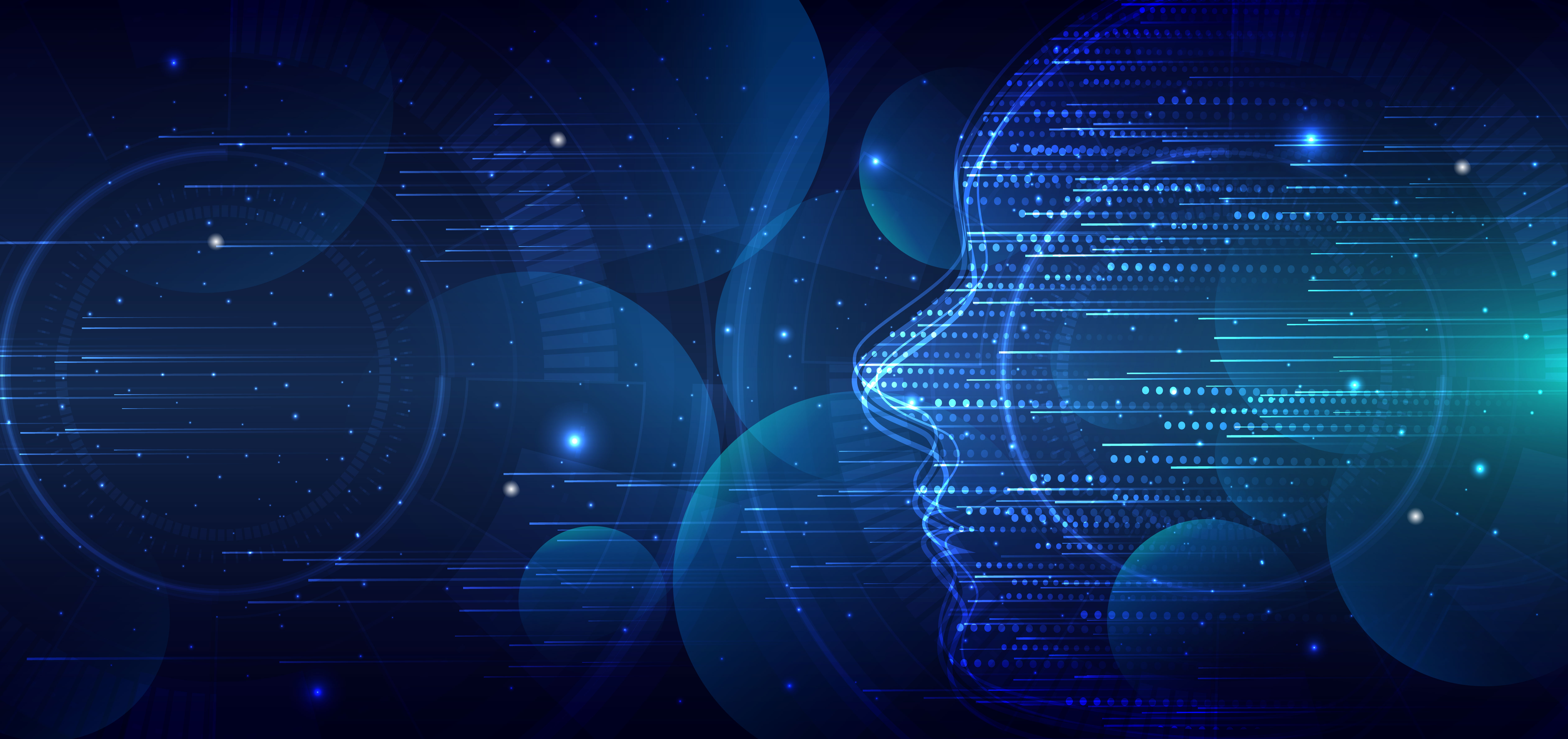Are we on the cusp of a technological revolution unlike any seen before? The rise of artificial intelligence is not mere hype; it's a fundamental shift reshaping our world. From the mundane to the extraordinary, AI's tendrils are reaching into every facet of modern life, promising both unprecedented opportunities and unforeseen challenges.
Artificial intelligence is no longer a futuristic fantasy; it's interwoven into the fabric of our daily existence. Consider the subtle ways AI already influences our choices, from personalized recommendations on streaming platforms to the sophisticated algorithms powering our search engines. While some may draw parallels to previous technological fads like NFTs or 3D TVs, the transformative potential of AI is far more profound. It's a sea change, impacting industries ranging from healthcare and education to art and policy, and its influence is only accelerating.
| Name | John McCarthy & Alan Turing (considered key founders) |
| Birth | John McCarthy: September 4, 1927, Boston, Massachusetts, U.S. Alan Turing: June 23, 1912, Maida Vale, London, England |
| Death | John McCarthy: October 24, 2011 (aged 84), Stanford, California, U.S. Alan Turing: June 7, 1954 (aged 41), Wilmslow, Cheshire, England |
| Known for | Artificial intelligence, Lisp, Circumspection, McCarthy 91 function Theoretical computer science, Turing machine, Turing test, Cryptanalysis, Morphogenesis |
| Reference | History of Artificial Intelligence - Wikipedia |
The rapid pace of AI development is breathtaking. Companies are releasing new models at an astonishing rate, often rendering previous versions obsolete within weeks. This relentless pursuit of progress raises critical questions about resource consumption. As Bashir notes, the energy expended training these complex models, often with increasingly more parameters, represents a significant environmental cost. The development of more efficient training methods, perhaps incorporating autoregressive and diffusion models for quicker image generation, is essential for sustainable AI development.
Read also:Watch Yanni Majs Latest Tiktok Videos
Beyond the practical considerations of energy consumption and computational power lies a deeper philosophical question: does AI develop a "value system"? MIT researchers have concluded that AI models do not inherently develop stable, coherent sets of beliefs or preferences. This challenges the popular notion of sentient machines, suggesting that even the most advanced AI systems are sophisticated tools reflecting the data and algorithms upon which they are built, rather than autonomous entities with their own internal moral compass.
The development of safe and beneficial AI systems requires a multidisciplinary approach. Experts from diverse fields, including ethics, philosophy, computer science, and psychology, must collaborate to ensure that AI's transformative power is harnessed responsibly. This collaborative effort is vital to address the ethical complexities of AI and to mitigate potential risks.
The applications of AI are as diverse as the human imagination. OpenAI's Codex, which translates natural language into code, has the potential to revolutionize software development. Large language models, like Meta's LLaMA, are powering sophisticated chatbots like ChatGPT, providing users with instant access to information, creative inspiration, and enhanced productivity tools. These advancements are not just incremental improvements; they represent paradigm shifts in how we interact with technology.
From generating realistic images with DALL-E 2 to solving complex mathematical problems with AlphaProof and AlphaGeometry, AI is pushing the boundaries of what's possible. The success of these systems in prestigious competitions like the International Mathematical Olympiad highlights the remarkable capabilities of AI and its potential to augment human intelligence.
Google's commitment to developing AI tools that enrich knowledge, solve complex challenges, and empower individuals underscores the positive potential of this technology. The emphasis on building "useful" AI tools highlights the importance of aligning AI development with human needs and values.
The ongoing research into techniques like learning from human feedback is crucial for "safely aligning powerful AI systems," as OpenAI emphasizes. This research is critical to ensuring that AI remains a tool for human advancement and does not pose an existential threat. The quest for artificial general intelligence (AGI), where machines possess human-level cognitive abilities, requires careful consideration of its potential impact on humanity. OpenAI's mission to ensure that AGI "benefits all of humanity" is a testament to the importance of ethical considerations in AI development.
Read also:Belle Delphine Cosplay Controversy And Career
The availability of resources, tutorials, API documentation, and dynamic examples on platforms like OpenAI's developer platform is fostering a vibrant community of AI developers and researchers. This democratization of AI technology is crucial for accelerating innovation and ensuring that the benefits of AI are widely shared.
The journey into the age of AI has just begun. As we navigate this uncharted territory, it's essential to embrace both the promise and the peril. By fostering open dialogue, collaborating across disciplines, and prioritizing ethical considerations, we can harness the transformative power of AI to build a future where technology serves humanity.


